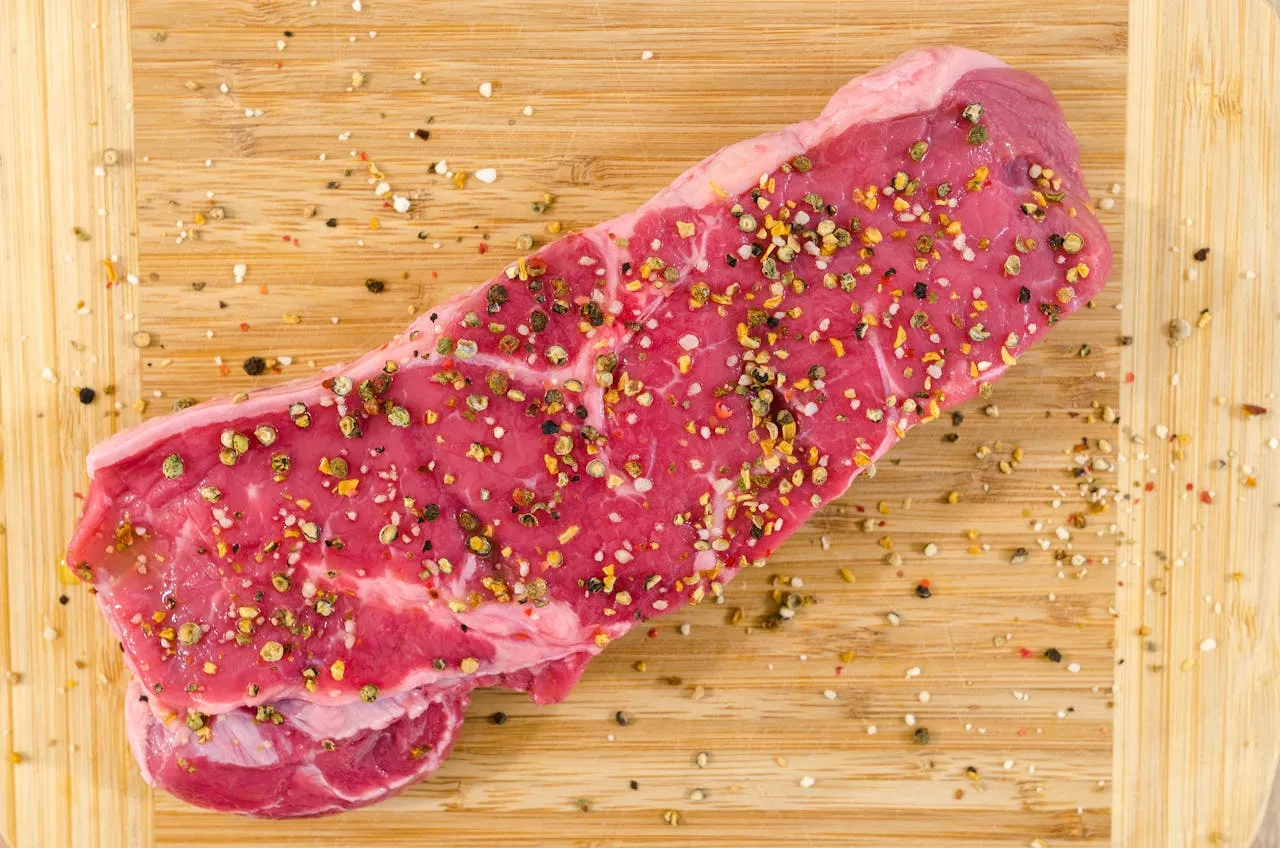 Tuesday, August 27, 2024
Tuesday, August 27, 2024Daily Protein Requirement: How Much Is Enough for Your Health?
Protein is crucial for athletes not only for muscle growth but also for sustaining performance and enhancing recovery. In this article, we’ll explore how athletes can determine their daily protein needs, the best sources to meet these needs, and why the timing of protein intake is critical.

How to Calculate Daily Protein Requirement for Athletes?
Athletes generally require more protein compared to the general population. The recommended daily intake for an athlete ranges from 1.2 to 2.2 grams of protein per kilogram of body weight. This amount can vary depending on the type of sport, intensity, and personal goals. For example, endurance athletes may need 1.2-1.4 grams of protein per kilogram, while those engaged in strength training or muscle-building might require 1.6-2.2 grams per kilogram.

High-Quality Protein Sources
The quality of protein sources is as important as the quantity for athletes. Animal proteins are considered high-quality as they contain all essential amino acids required by the body. Foods like chicken, fish, eggs, and dairy are staples in an athlete's diet. However, plant-based proteins also play a vital role. Foods like lentils, chickpeas, quinoa, and chia seeds provide high protein content along with other essential nutrients like fiber and vitamins.
The Importance of Protein Timing
The timing of protein intake can significantly impact performance and recovery in athletes. Consuming protein post-workout accelerates muscle repair and boosts muscle protein synthesis. Therefore, consuming a protein-rich meal or snack within the first 30-60 minutes after a workout is crucial for optimal muscle growth and recovery. Additionally, spreading protein intake throughout the day supports muscle maintenance and growth.

Recommended Daily Protein Intake for Athletes
Endurance Athletes: 1.2-1.4 grams per kilogram of body weight
Strength Athletes: 1.6-2.2 grams per kilogram of body weight
Bodybuilders: 1.8-2.2 grams per kilogram of body weight
These are general guidelines for optimal performance and recovery. It’s important to consider individual differences and specific needs, so working with a nutritionist or dietitian can help achieve the best results.

Protein Supplements: When and How to Use Them?
Protein powders offer a convenient and quick way for athletes to meet their protein needs. However, they should be considered a supplement rather than a replacement for a full meal. Protein supplements can be particularly useful during intense training periods or when meeting high protein demands is challenging. Whey protein, due to its fast absorption and high bioavailability, is ideal for post-workout consumption.


